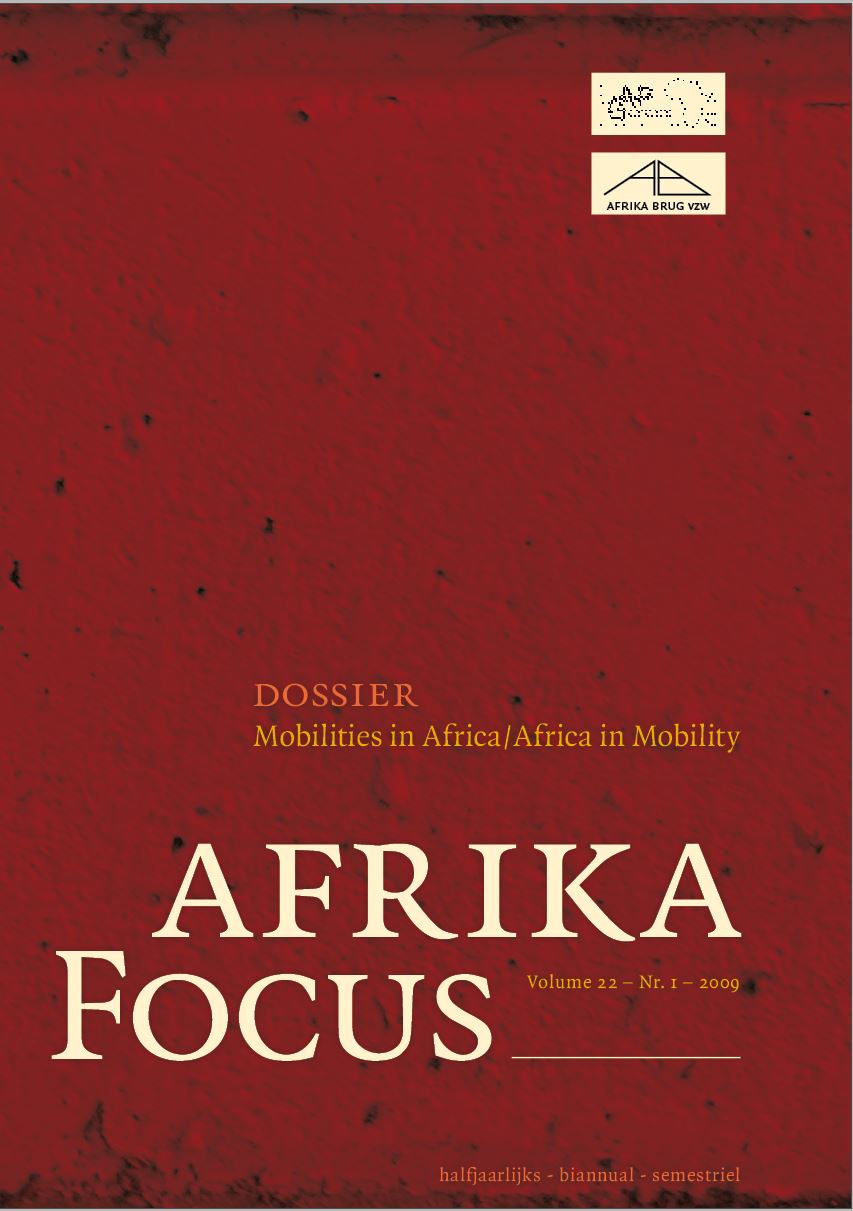The evolution of warfare in Africa
DOI:
https://doi.org/10.21825/af.v22i1.5040Abstract
It is widely noted that armed conflict in Africa has evolved away from the prominence of insurgencies that are able to mobilize supporters around political programs in favor of more fragmented organizations in the service of their leaders’ quests for power and wealth. The causes of this shift are found in changes in the domestic politics of African states that have taken place in recent decades. Regime strategies to disorganize and co-opt opponents and to suppress mass political mobilization have restricted the social spaces in which ideologues formerly organized and recruited cadres. Emigration among educated groups that previously supplied the bulk of insurgent leaders and cadres further reduces the influence of these groups. Alongside these changes, the development of parallel political structures that are rooted in the control of commerce channels resources to new leaders who lead insurgencies to establish their own dominance in this system of politics. This competition crowds out remaining ideologues who would pursue a vision of more radical change. Key words: conflict, insurgency, ideology, mass mobilizationDownloads
Published
How to Cite
Issue
Section
License
Authors who publish with this journal agree to the following terms
Authors retain copyright and grant the journal right of first publication with the work simultaneously licensed under a Creative Commons Attribution License that allows others to share the work with an acknowledgement of the work's authorship and initial publication in this journal.
Authors are able to enter into separate, additional contractual arrangements for the non-exclusive distribution of the journal's published version of the work (e.g., post it to an institutional repository or publish it in a book), with an acknowledgement of its initial publication in this journal.
Authors are permitted and encouraged to post their work online (e.g., in institutional repositories or on their website) prior to and during the submission process, as it can lead to productive exchanges, as well as earlier and greater citation of published work (See The Effect of Open Access).


